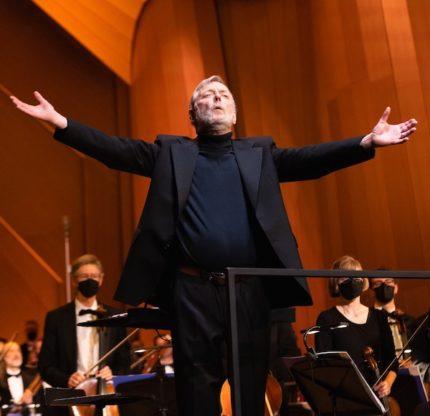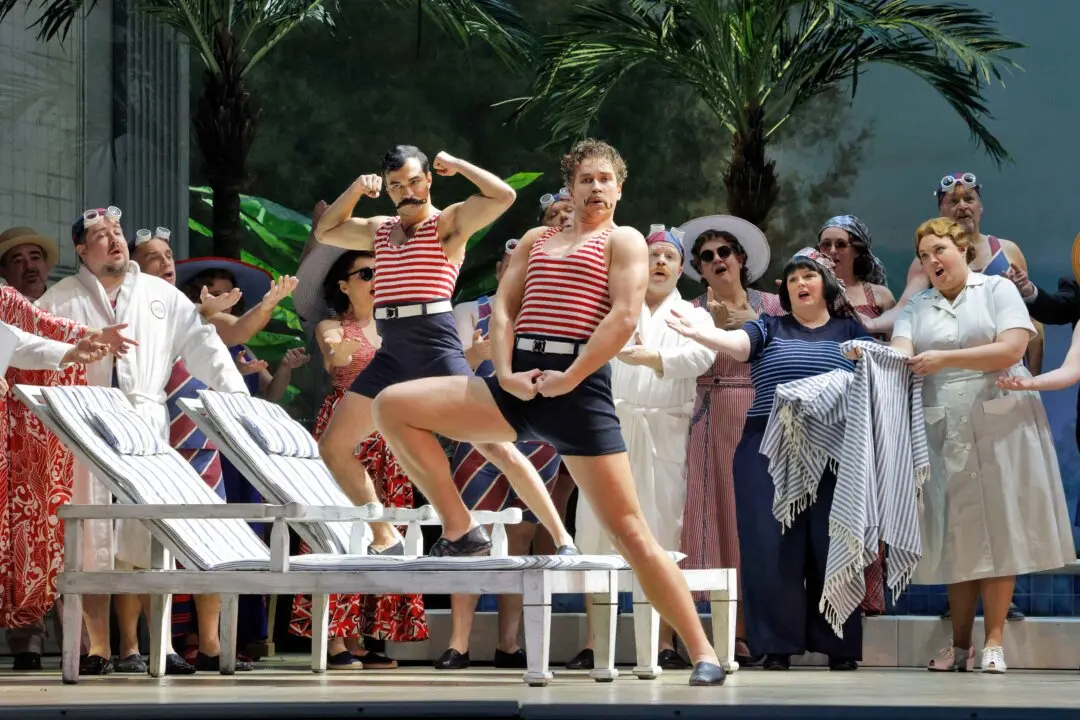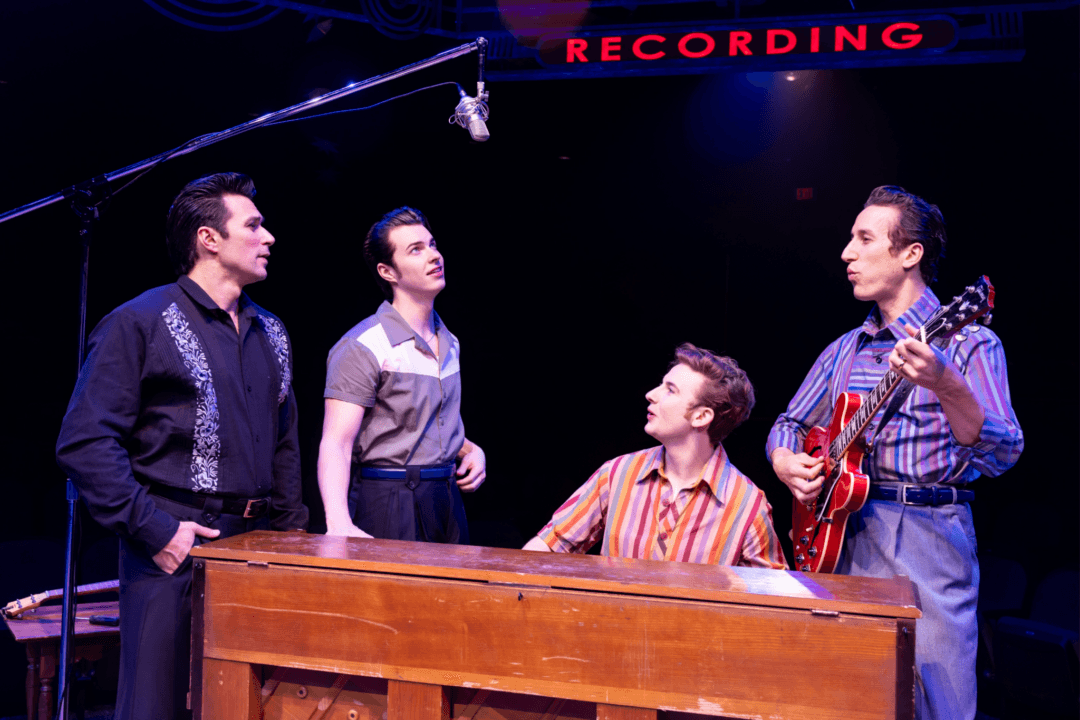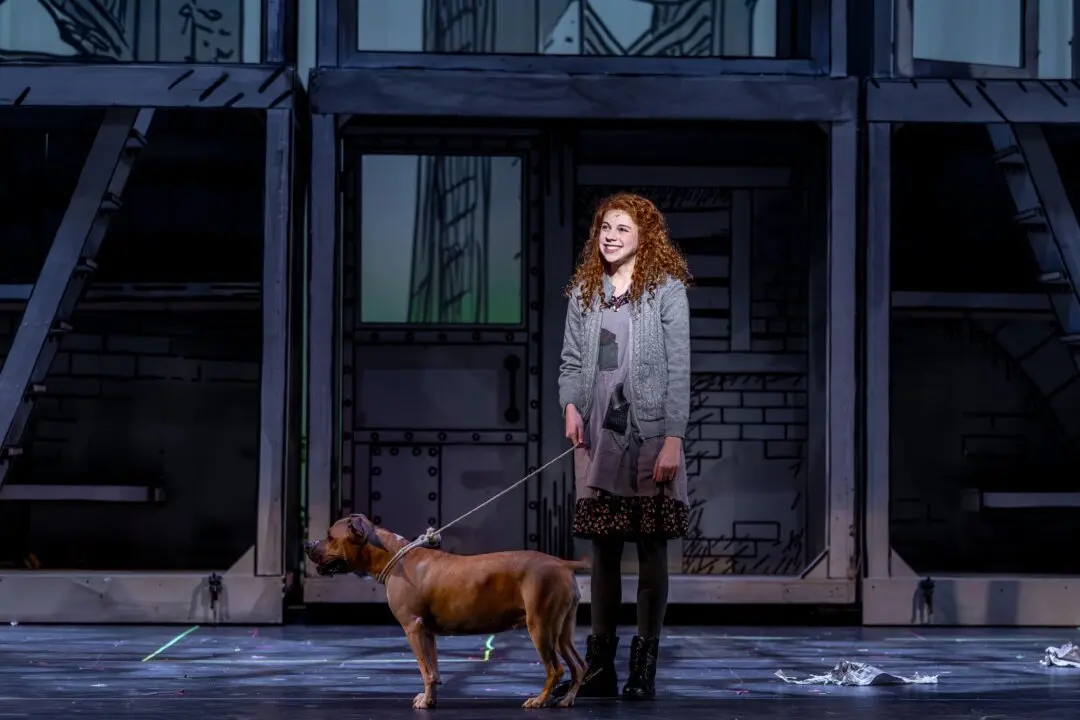CHICAGO—In 1824, when Beethoven conducted the premier of his “Symphony No. 9 in D Minor, Op. 125,” the audience went wild with applause, giving the German composer five standing ovations when it ended. On the evening of April 1, when Sir Andrew Davis conducted that symphonic masterwork with the Lyric Opera’s orchestra, a modern audience once again gave the Ninth thunderous applause.
From its debut in Vienna to this modern revival almost 200 years later, the power and the profundity of what some (myself included) believe to be the most glorious piece of classical music ever created has not diminished. Indeed, it was exhilarating to witness the exalted sense of life conductor Sir Andrew Davis gave to Beethoven’s last symphony. A once-in-a-lifetime combination, Beethoven and Davis were a match made in heaven.





